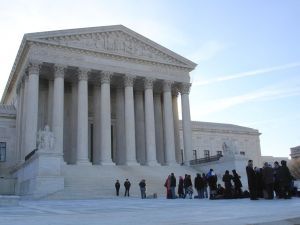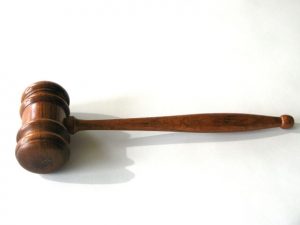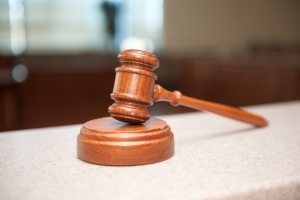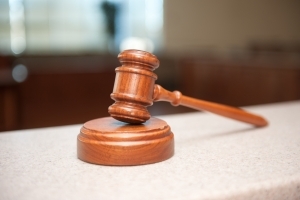A U.S. Supreme Court decision handed down this month could significantly increase the rights of those accused of a crime in Fort Lauderdale and throughout the country.

Our Fort Lauderdale criminal defense attorneys understand the case stems from two cases – Missouri v. Frye and Lafler v. Cooper – and ultimately expands a defendant’s right to have an effective attorney throughout the process of plea bargaining.
What’s more, the court ruled that if you have an attorney who acts unethically or gives you advice that is obviously wrong, you could be entitled to another shot at a plea bargain.
The opposition in this case had argued that a plea bargain is not constitutionally protected. However, the fact of the matter is that most court cases result in a plea bargain – about 95 percent. What the court ruled – and what Fort Lauderdale criminal defense attorneys can attest to – is that having a skilled attorney to represent you through this process is critical.
The ruling stems from two different cases. The first involved Galin Frye, a college student from Missouri. He had been arrested and charged with a felony after a fourth time reportedly driving on a license that had been revoked. The state had sent a letter to Frye’s attorney, which had offered to reduce the charge to a misdemeanor if he pleaded guilty and served three months in jail. But the lawyer never told his client about that offer. When time ran out, Frye pleaded guilty with no conditions, and was handed a three-year prison sentence – more than 10 times what he would have otherwise served.
In the second case, a man named Anthony Cooper had been charged with assault with intent to commit murder, following a shooting in which a woman was wounded in the buttocks and thigh. State attorneys in this case offered two plea deals, with a recommended prison sentence of between four and seven years. Cooper’s attorney told him to turn down the offer because state law wouldn’t allow an attempted murder conviction if someone was shot below the waist. This was without a doubt false. Cooper went to trial, was convicted and sentenced to decades in prison.
Justice Anthony Kennedy, in explaining the Supreme Court’s decision, described the criminal justice system as “a system of pleas.” Because so many cases are resolved through the plea bargaining process, it is known to play a central role in the system. In fact, a plea bargain will often determine who goes to jail and for how long. Kennedy went on to say that plea bargaining is not some afterthought within the system – rather, it IS the system.
This new ruling means that you have a right to a competent defense attorney every single step of the way through the judicial process. While this ruling will give defendants some measure of relief if they do receive bad legal advice, the better bet is to hire a skilled attorney from the start.
Continue reading

 Fort Lauderdale Criminal Attorney Blog
Fort Lauderdale Criminal Attorney Blog







